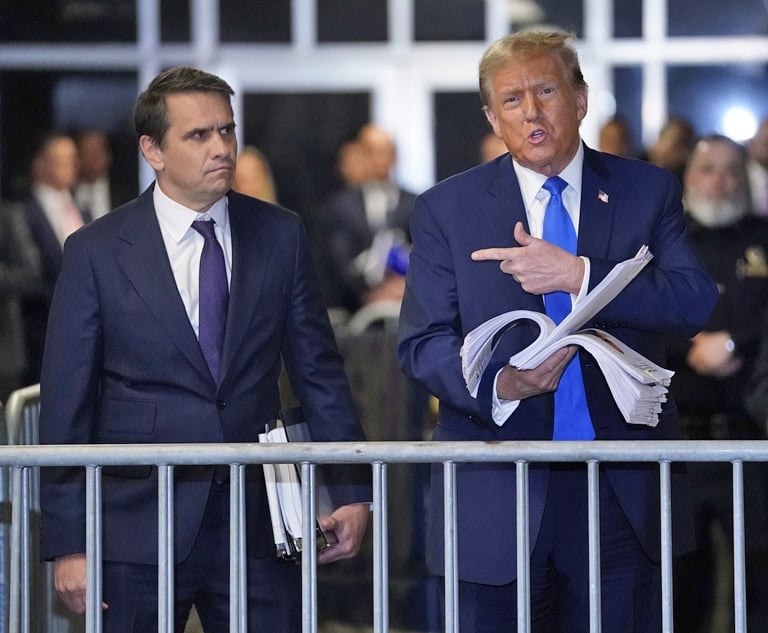The attorney-client privilege is the foundation of the attorney-client relationship. CPLR 4503(a)(1) codifies the attorney-client privilege. It provides, in part: “Unless the client waives the privilege, an attorney or his or her employee, or any person who obtains without the knowledge of the client evidence of a confidential communication made between the attorney or his or her employee and the client in the course of professional employment, shall not disclose, or be allowed to disclose such communication … in any action, disciplinary trial or hearing ….”
The attorney-client privilege applies only to confidential communications between attorneys and clients that are made for the purpose of obtaining or rendering legal advice in the course of a professional relationship. Rossi v. Blue Cross & Blue Shield of Greater N.Y., 73 N.Y.2d 588 (1989). For the privilege to apply when communications are made from client to attorney, they must be made for the purpose of obtaining legal advice and be directed to an attorney who has been consulted for that purpose. For the privilege to apply when communications are made from attorney to client, whether or not in response to a particular request, they must be made to facilitate the rendition of legal advice or services, in the course of a professional relationship. Id. In determining whether a communication is protected by the attorney-client privilege, the critical inquiry is whether, viewing the lawyer’s communication in its full content and context, it was made in order to render legal advice or services to the client. In that regard, the attorney-client privilege protects communications between an attorney and his or her client that convey facts relevant to a legal issue under consideration, even if the information contained in the communication is not privileged. Gilbert v. Office of the Governor, 70 A.D.3d 1404 (3d Dept. 2019).


 Credit: Adobe Stock
Credit: Adobe Stock




